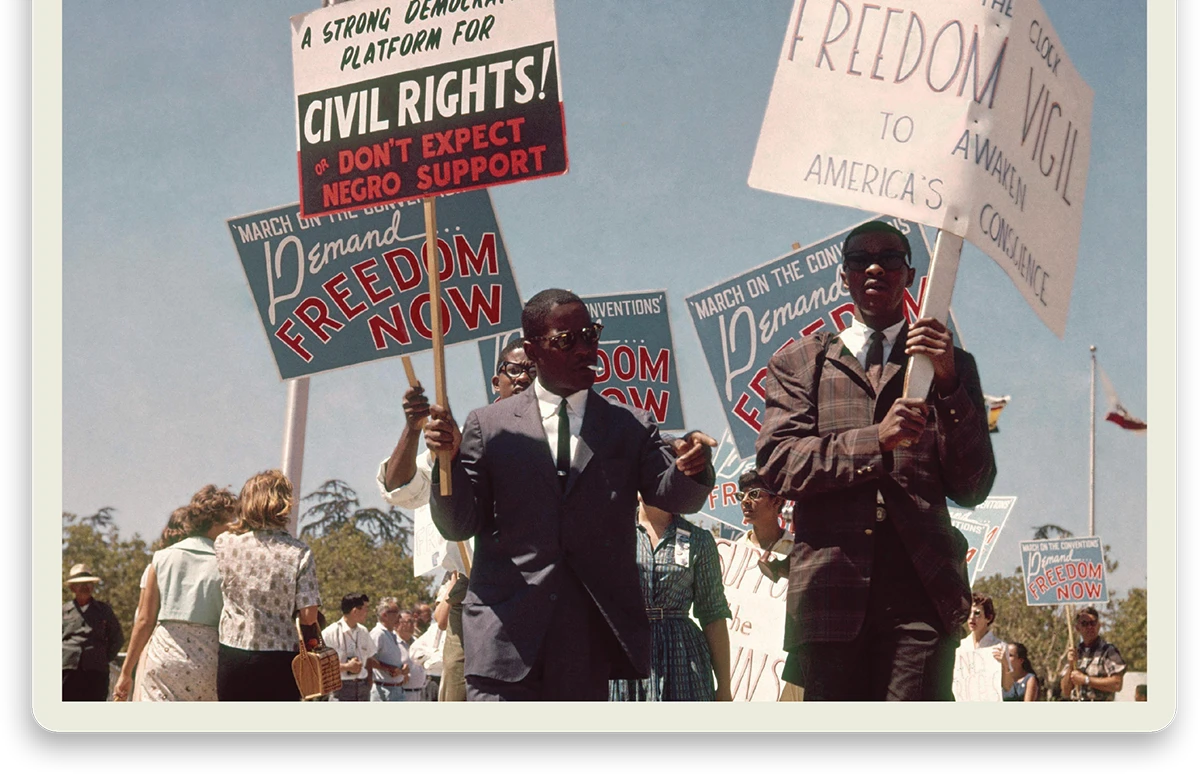
By Ian Mikrut
History in the Making
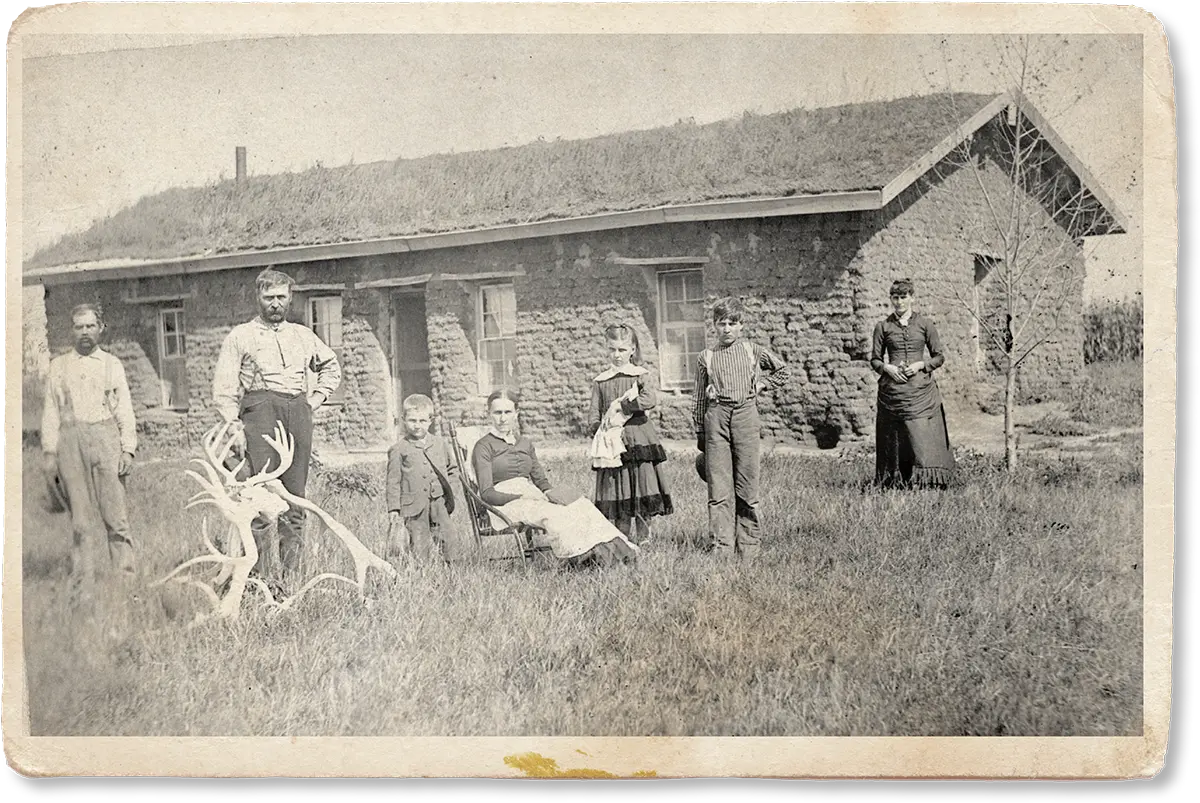

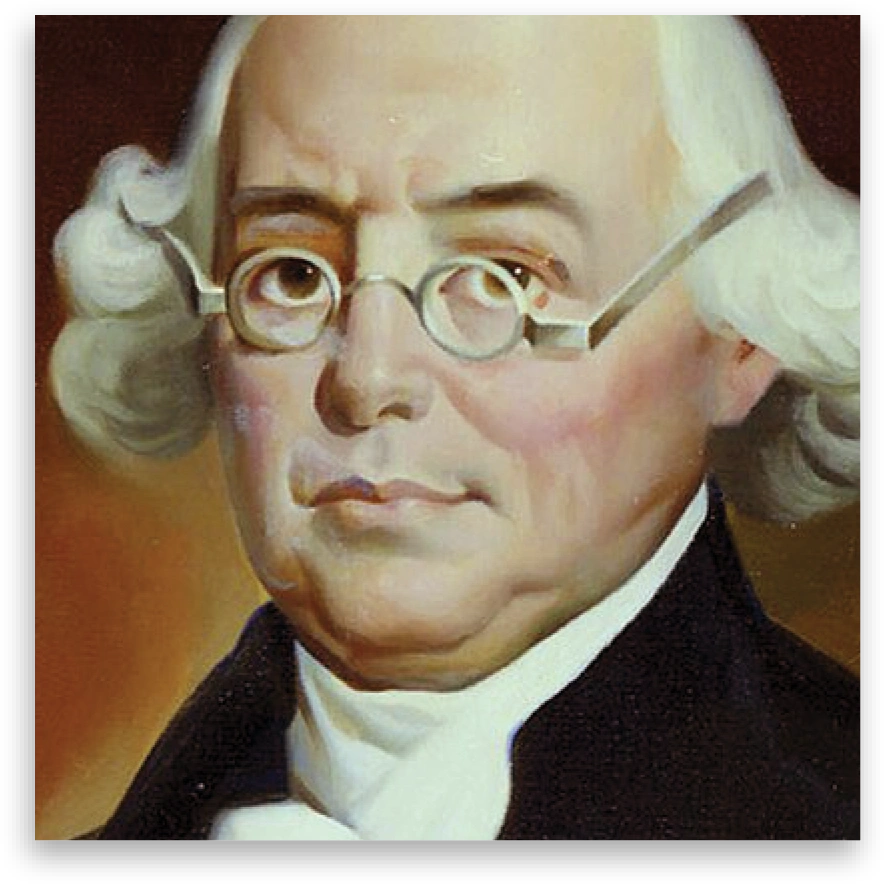
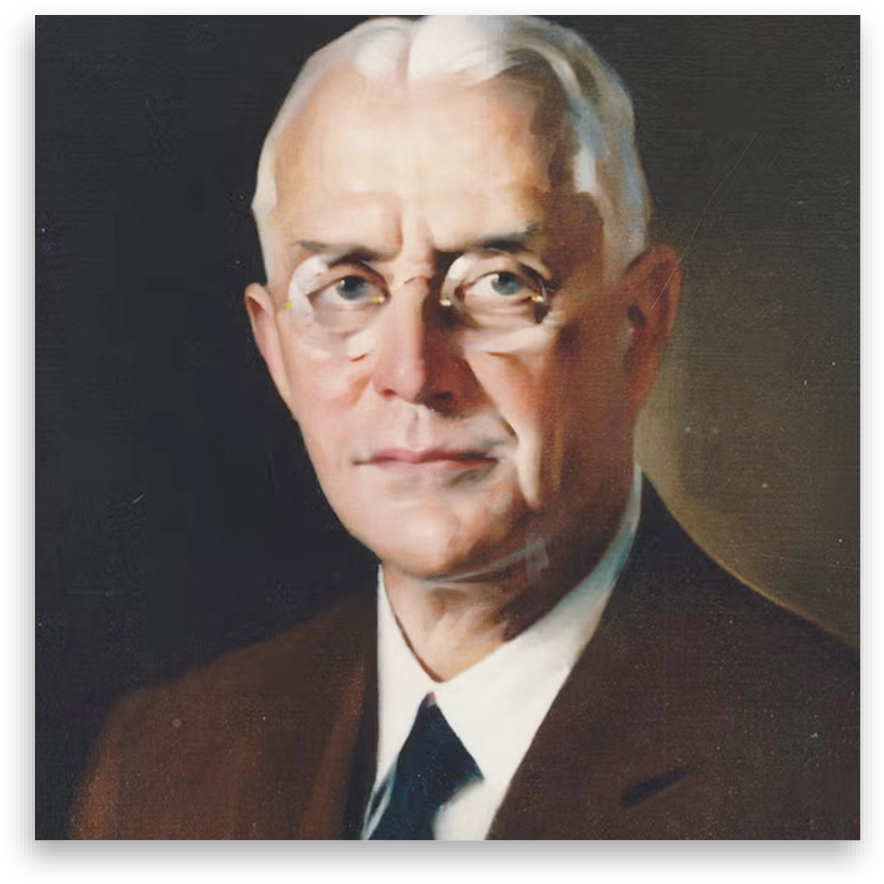



By Ian Mikrut
History in the Making






s a vital hub for academic collaboration, the Legal History Consortium embodies Penn Carey Law’s commitment to interdisciplinarity, uniting the Law School and Penn’s Graduate History Department to foster innovative research, scholarship, and education in law and history.
The 2023 retirement of Sarah (Sally) Barringer Gordon, Arlin M. Adams Professor of Constitutional Law and Professor of History, Emerita, marked a pivotal moment for the Consortium, which continues to flourish under the leadership of Karen Tani L’07, PHD’11, Seaman Family University Professor.
Tani, who coordinates the Legal History Consortium, returned to Penn Carey Law in 2020 and holds joint appointments in the Law School and History Department. Her research and scholarship focus on social welfare law, administrative agencies, the role of rights in the modern American State, and the history of disability law in the late 20th century.
This year, Tani authored the Foreword to the Harvard Law Review’s annual Supreme Court issue and delivered the Owen J. Roberts Memorial Lecture in Constitutional Law. She has also co-chaired the American Society for Legal History (ASLH) Program Committee.
“The greatest gift of my professional life has been to return to Penn and be Sally’s colleague and to play a role in carrying forward the programs, institutions, and traditions that she created,” said Tani, the first graduate of Penn’s JD/PhD program in American Legal History. “Penn’s current reputation as a powerhouse in legal history is almost entirely Sally’s doing—but thanks to her careful stewardship, that reputation has not diminished since her retirement.
“We hope to build out the program further,” Tani added, “broadening our scope and working with new legal historians in training.”
A Distinguished Interdisciplinary Career
hen Gordon retired at the end of 2023, it was a fitting, celebratory moment in a year full of capstones—both personally and for the joint JD/PhD program she helped create.
For starters, Gordon was named an ASLH Honorary Fellow, the Society’s highest honor, which recognizes distinguished historians whose scholarship has shaped the discipline of legal history. The ASLH also held its 2023 plenary lecture and reception at the Law School.
“Sally has left a lasting impression on the field through her scholarship, her generosity of spirit, her wise counsel, and her inspired leadership,” the Society’s Honors Committee wrote in its recognition. “In teaching and beyond, Sally has crafted an astonishing legacy in the study of law and history at Penn, making it one of the finest programs in the world.”
Gordon, who served as ASLH President from 2017-2019, is renowned for her work on the history of religion in American public life and the law of church and state, especially for the ways that religious liberty and disestablishment developed over the course of American history.
“Sally made her mark in many arenas: her scholarship changed the way we think about the history of religion in the United States, her teaching challenged and inspired thousands of Penn undergraduates, her mentoring of JD/PhD students helped build the program into the powerhouse that it is, with a stellar record of placements in and outside academia,” said Benjamin Nathans, Alan Charles Kors Term Associate Professor of History at Penn. “One of those placements is our fantastic colleague, Karen Tani.”
Gordon joined the Law School faculty in 1993 and in 2006 was jointly appointed in the History Department. More talented legal historians followed, as the Law School added Sophia Lee, Dean and Bernard G. Segal Professor of Law; Serena Mayeri, Arlin M. Adams Professor of Constitutional Law, and Professor of History; Herbert Hovenkamp, James G. Dinan University Professor; and Shaun Ossei-Owusu LPS’08, Presidential Professor of Law to its faculty. Mayeri and Ossei-Owusu both have important new books in production, on the history of “marital privilege” and the history of legal aid, respectively. William Ewald, John J. O’Brien Chair of International Law and Professor of Philosophy, has ensured that the Law School has strong coverage of the Founding Era, including through his pathbreaking work on founder and lawyer James Wilson—Penn’s first law professor. Wendell Pritchett PhD’97, James S. Riepe Presidential Professor of Law and Education, is a scholar of urban history and policy, particularly in the areas of housing, race relations, land use, and economic development.
During her time at Penn, Gordon also shepherded the creation of the JD/PhD program.
“In History, Sally’s presence has been felt especially in the graduate program—in admissions, teaching, and advising—and in hiring decisions that have shaped the future of the department,” said Kathy Peiss, Roy F. and Jeannette P. Nichols Professor Emerita of American History. “The joint JD/PhD program that she co-founded has produced an amazing cohort of legal historians across the country. We all take great pride in their accomplishments and success.”
Throughout her career, Gordon has been a Guggenheim Fellow, the Maguire Chair in Ethics and American History at the Library of Congress, a fellow at the Huntington Library, and a Member of the Institute for Advanced Study at Princeton. She has received the University’s Lindback Award for distinguished teaching and the Law School’s Robert A. Gorman Award for Teaching Excellence, among other honors.
Gordon’s ASLH recognition was the crown jewel of a banner stretch for Penn’s legal history community, during which multiple Penn legal historians received national recognition for their work.


Seaman Family University Professor
Award-Winning Projects and Scholarship
n 2023, Assistant Professor of Law at Michigan State University Justin Simard L’16, PhD’16 won ASLH’s Mary L. Dudziak Digital Legal History Prize, awarded annually to an outstanding digital legal history project, for his Citing Slavery Project. The project is a curated database of over 9,000 published civil case decisions from the nineteenth century involving slavery across 42 states and territories, forcing the legal profession to confront its role in American slavery.
In the same year, Greg Ablavsky L’11, PhD’16, Marion Rice Kirkwood Professor of Law at Stanford Law School, was awarded the inaugural Legal History Article of the Year Prize from the William Nelson Cromwell Foundation. Intended to recognize the growing role of legal history and teaching and research in law schools, the prize is awarded for the best article in the field of legal history by a legal scholar or published in a journal of legal scholarship. Ablavsky’s article, “Getting Public Rights Wrong: The Lost History of the Private Land Claims,” published in the Stanford Law Review, recovers a “sprawling jurisprudence” from the nineteenth century involving private land claims by the inhabitants of territories ceded to the United States by foreign sovereigns.
In 2024, Kimberly White PhD’22 was awarded the Littleton-Griswold Research Grant from the American Historical Association and an early career grant as a William Nelson Cromwell Foundation Fellow. In September, she also began a coveted position as an Academic Fellow at Columbia Law School, where she will finish her dissertation and continue preparing for a career in legal academia.
Christen Hammock Jones PhD’32 was named the winner of this year’s Morris L. Cohen Student Essay Competition by the Legal History and Rare Books Section (LHRB) of the American Association of Law Libraries (AALL) for her essay “Consuming Abortion: Abortion Rights as Consumer Rights after Roe v. Wade.” In October, she received the Kathryn T. Preyer Scholars Prize from the ASLH, a significant early-career recognition in the legal history field. Penn Carey Law’s Tani and Lee were the first two winners of the prize in 2006.
Jennifer Reiss C’07, PhD’27 and Will Holub-Moorman L’26 were selected to participate in the ASLH’s 2024 Student Research Colloquium (SRC), a competitive program for “early-post-coursework PhD students and historically minded law students.”
“When I think of these people, their talent, their hard work, it’s just remarkable,” said Gordon. “Our field is growing in every major law school. We’re a part of helping people at Penn succeed, but also the entire legal history field as well. This rising tide lifts all boats.”
On a broader scale, Penn legal historians have made great strides in connecting with other departments and institutions, further expanding interdisciplinary connections. The joint efforts of Tani, Gordon, and their history colleague Sarah Gronningsater has led to a revamped undergraduate minor in Legal Studies and History—a shared endeavor between the History Department and Wharton Legal Studies—which has become a vitally important branch of the undergraduate program, with over one hundred students taking legal history classes each semester. Tani has also spearheaded a fledgling JD/PhD program with the Department of History at Princeton University.
“None of these successes would have been possible without Sally’s decades-long investment in the field of legal history—both nationally and here at Penn,” said Tani. “We are excited to continue building on the strong foundation she laid.”
History KEEPERS
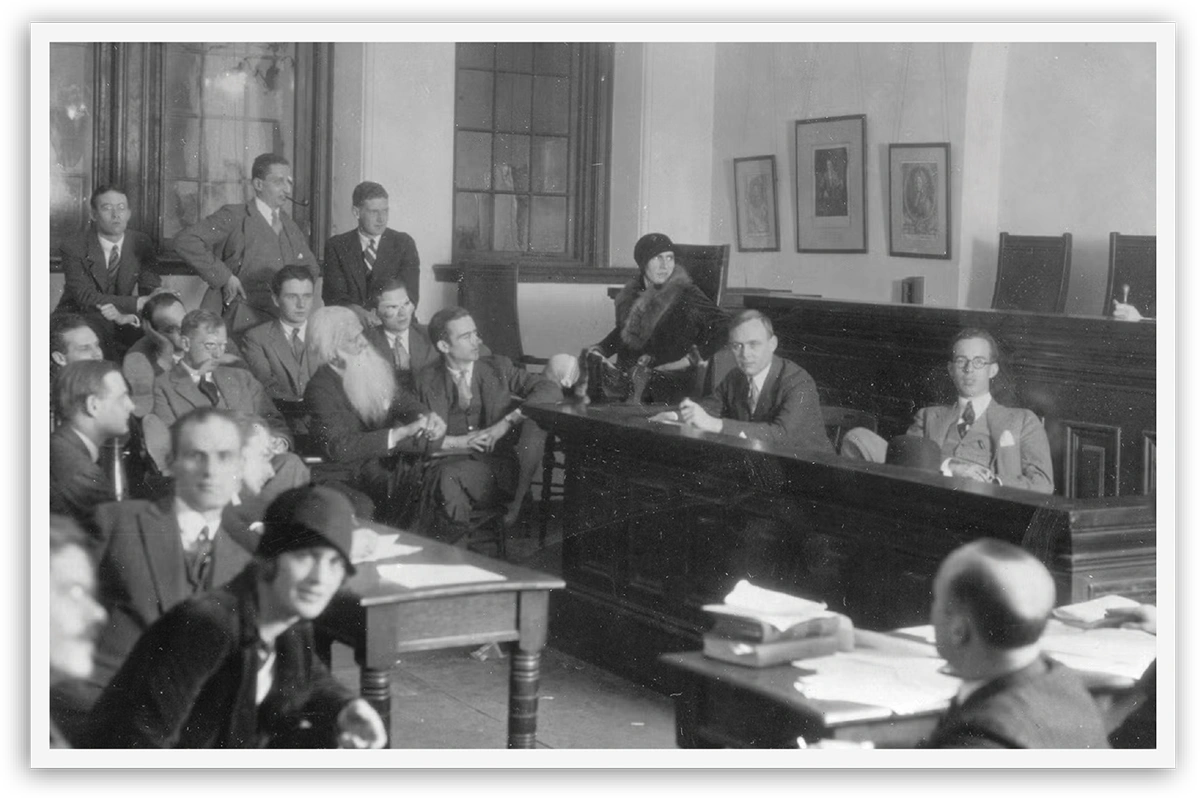

History KEEPERS

